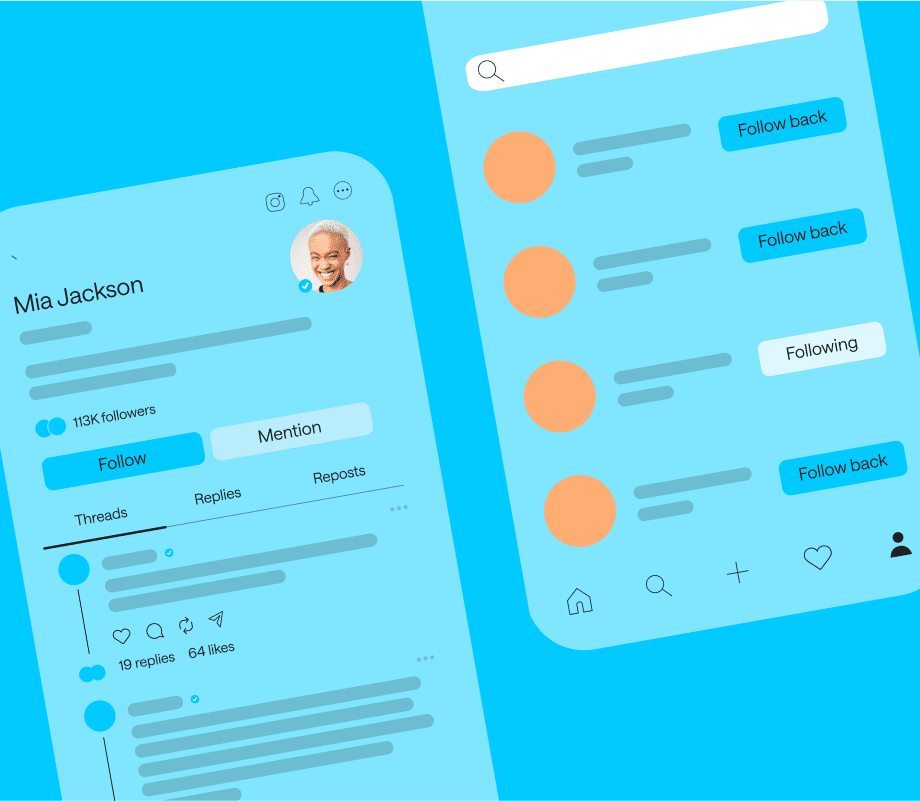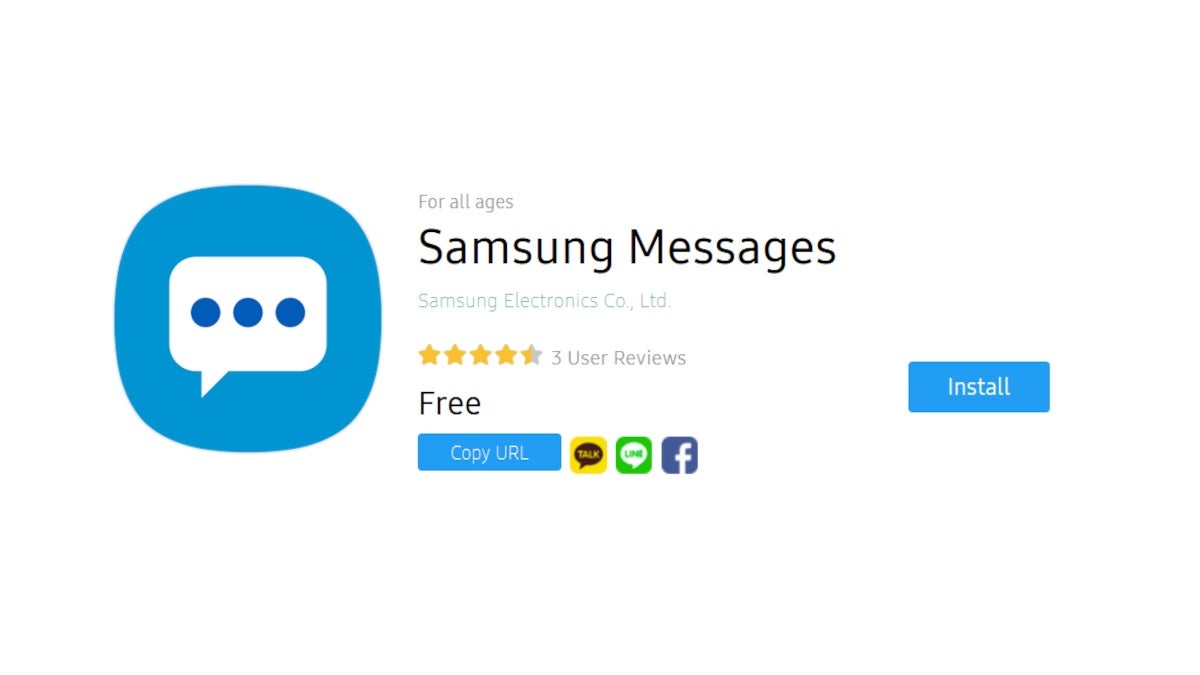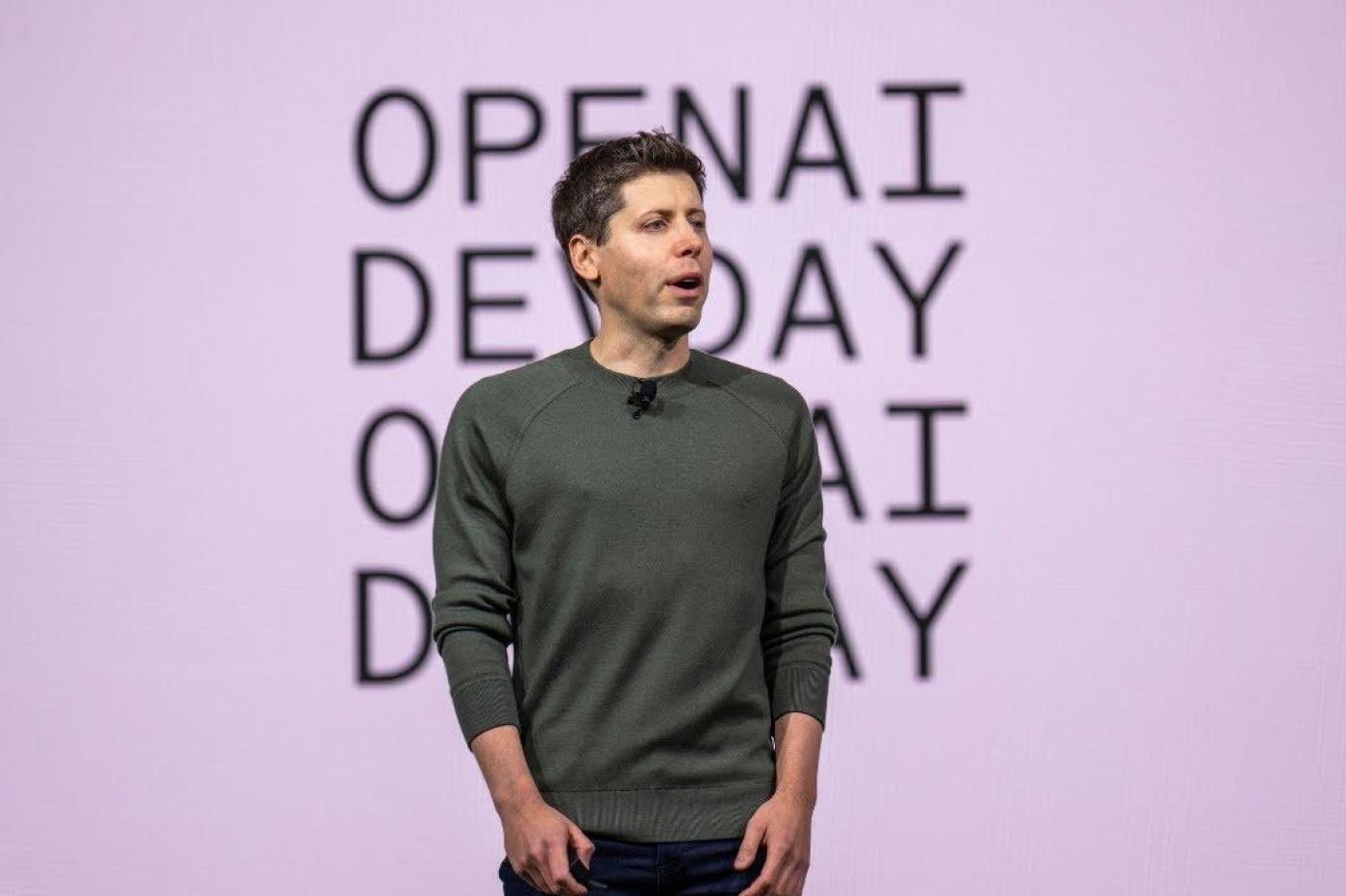Meta, the Facebook parent company, signed a large check of $ 14.8 billion to take a 49 % stake – without voting rights – in Scale AI, a Californian startup which has established itself as a central player in the artificial intelligence sector. This operation is the second largest ever carried out by the group of Mark Zuckerberg, behind the buyout of WhatsApp in 2014. But beware: it is not a takeover. At least, not officially.
The market dees
In parallel with this acquisition of equity, Meta welcomes Alexandr Wang, the young CEO of Scale Ai (28 years old), as well as several employees of the startup in its ranks. He takes a strategic position within Meta, with the mission of forming a team dedicated to the creation of an “artificial superintendent”. He will always sit on the board of directors of Scale AI, while being subject to restrictions on access to sensitive data from the company.
This assembly prevents META with a formal antitrust examination on the part of the American authorities, who can generally only take place in the context of an acquisition involving direct control. Nevertheless, the maneuver could still be examined, especially if it is perceived as a means of bypassing the law.
The deal raises questions in the industry. Internally, some SCALE AI customers, like Google, have already cut the bridges in reaction to the presence of Meta. Others plan to distance themselves, they fear a leak of information or an overly marked dependence on a competitor.
Since the launch of Chatgpt, large tech companies have been looking to fill their AI delay. Due to lack of time and internal flexibility, they today prefer to spot promising talents in startups and attract them with mirobal offers. Meta would have offered salaries up to nine figures to debum key profiles at Google and Openai.
Despite colossal means, the social media giant is struggling to establish itself as an AI leader in front of rivals like Openai, Google or Deepseek. The launch of Llama 4 models last April disappointed the developers: only two lightened versions were put online, while the “Behemoth” model, supposed to compete with the tenors of the market, is still behind the scenes.
According to several internal sources, Mark Zuckerberg himself slowed down the publication of these models: he doubted that they were up to par. This delay caused internal reorganizations, a loss of confidence and a change in strategic priorities: the Fair research laboratory, historically central to Meta, was withdrawn for the benefit of more product -oriented teams.
🟣 To not miss any news on the Geek newspaper, subscribe to Google News and on our WhatsApp. And if you love us, .












